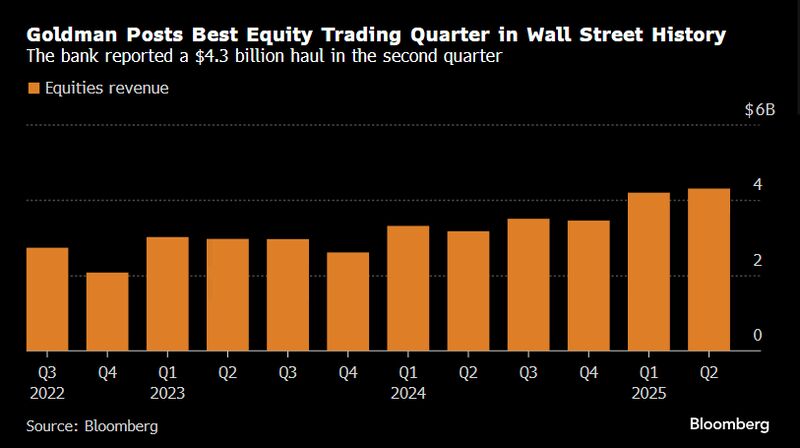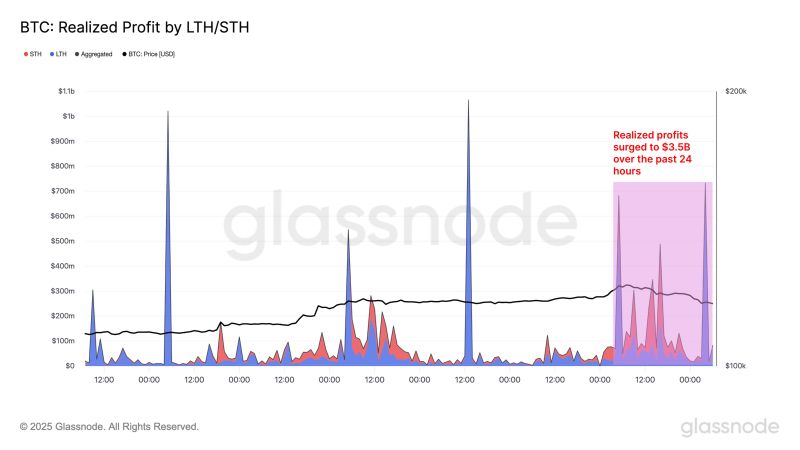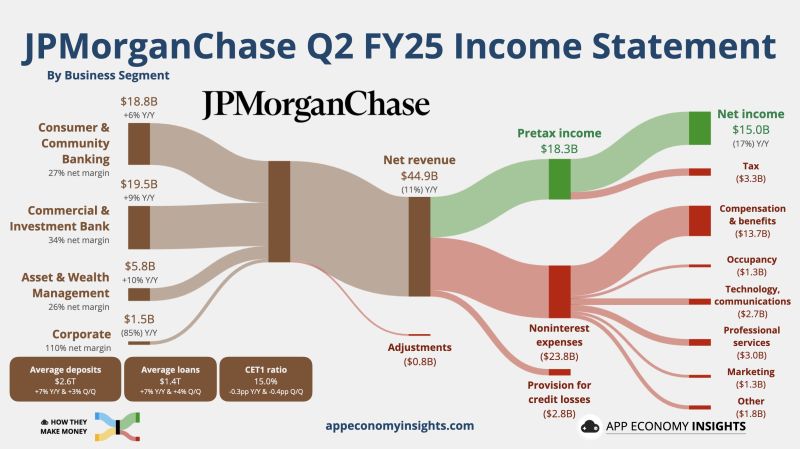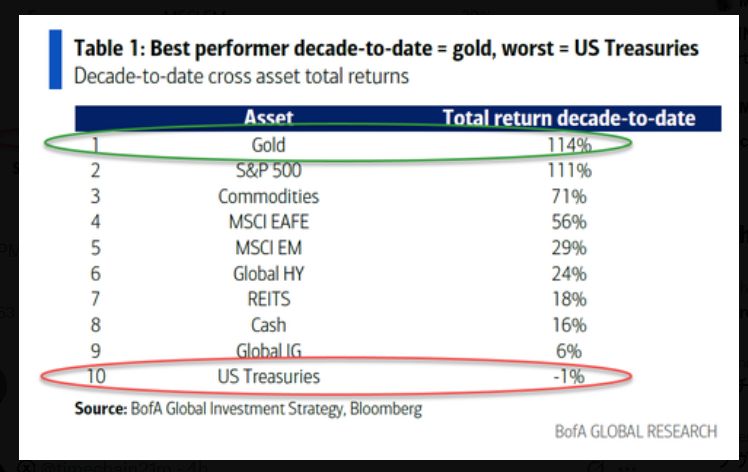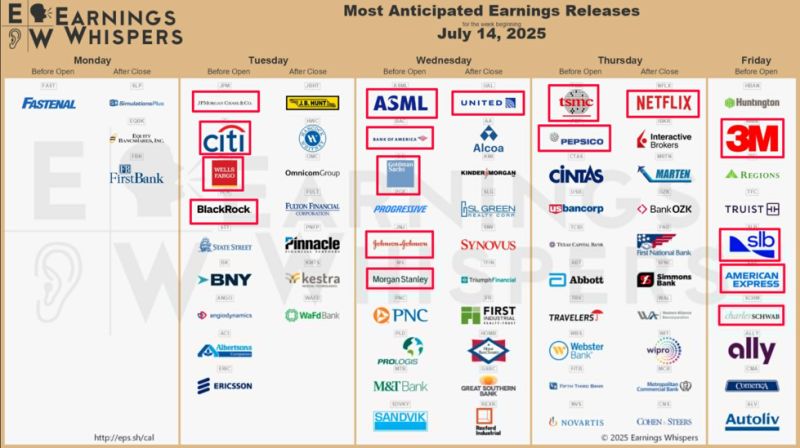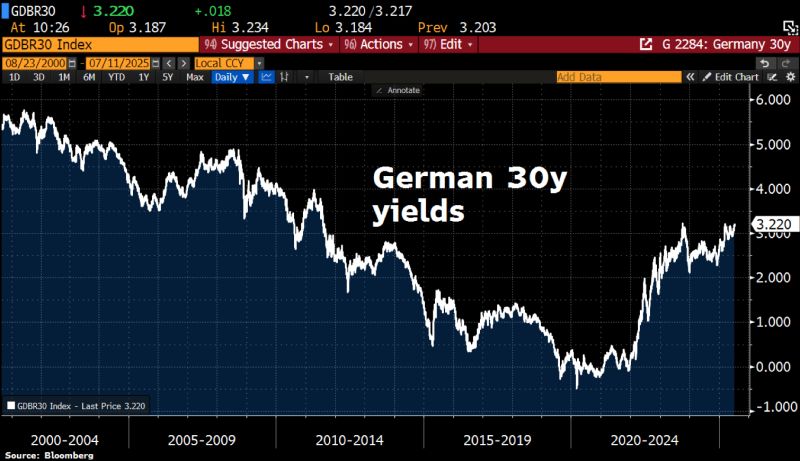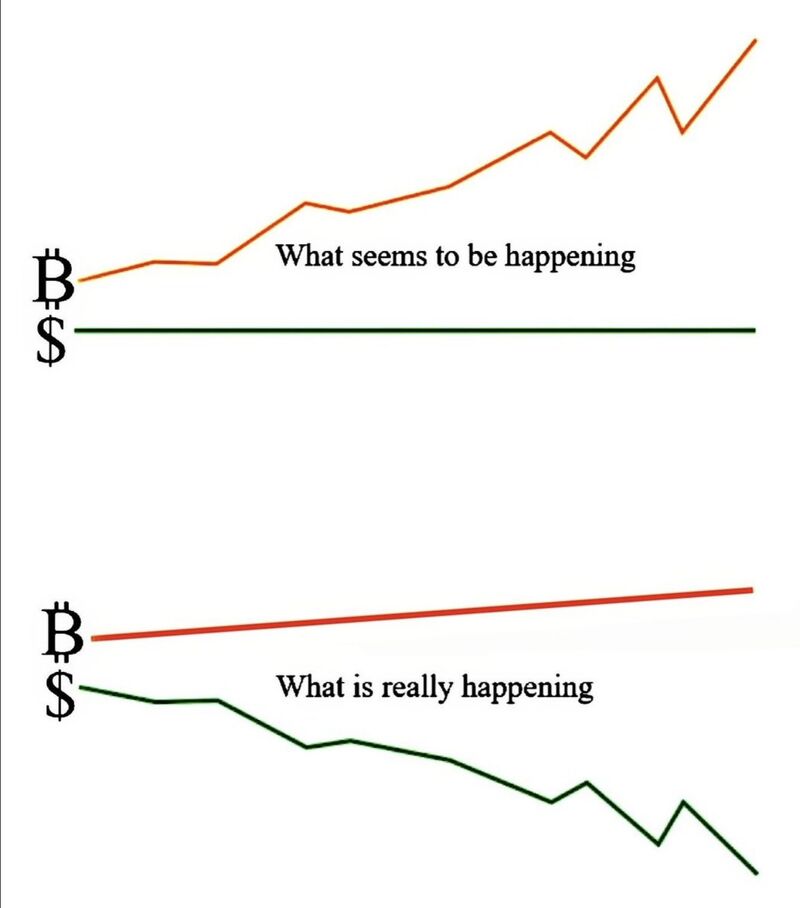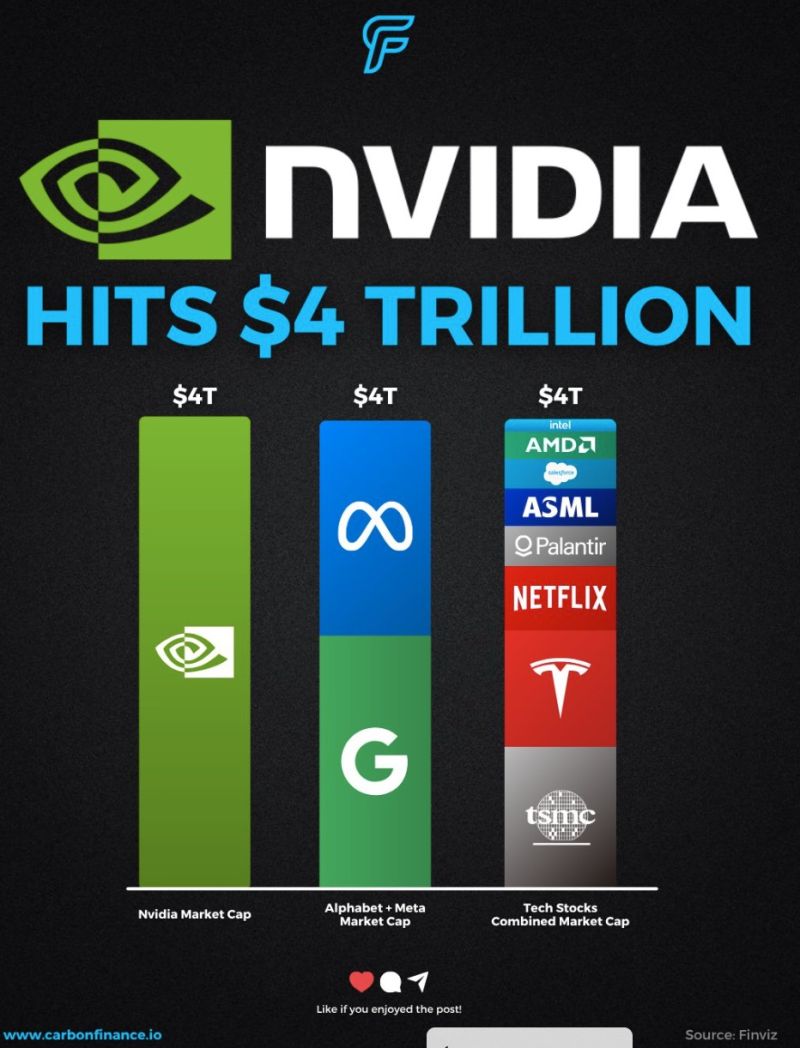Straight from the Desk
Syz the moment
Live feeds, charts, breaking stories, all day long.
- All
- equities
- United States
- Macroeconomics
- Food for Thoughts
- markets
- Central banks
- Fixed Income
- bitcoin
- Asia
- europe
- investing
- geopolitics
- gold
- technical analysis
- Commodities
- Crypto
- AI
- Technology
- nvidia
- ETF
- earnings
- Forex
- china
- Real Estate
- oil
- banking
- Volatility
- energy
- magnificent-7
- apple
- Alternatives
- emerging-markets
- switzerland
- tesla
- United Kingdom
- Middle East
- assetmanagement
- amazon
- microsoft
- russia
- ethereum
- ESG
- meta
- Industrial-production
- bankruptcy
- Healthcare
- Turkey
- Global Markets Outlook
- africa
- Market Outlook
- brics
- performance
⚠️ JPMorgan Chase on Tuesday topped analysts’ estimates on better-than-expected revenue from fixed income trading and investment banking.
▶️ The bank said that second-quarter earnings fell 17% to $14.9 billion, or $5.24 a share, from the year-earlier period, when it had a $7.9 billion gain on Visa shares. But even when backing out a $774 million income tax benefit that boosted per share earnings by 28 cents, JPMorgan topped estimates for the quarter. 🔴 $JPM JPMorganChase Q2 FY25. • Net revenue -11% Y/Y to $44.9B ($1.7B beat). • Net Income -17% Y/Y to $15.0B. • EPS: $4.96 ($0.48 beat). • FY25 NII ~$95.5B ($1.0B raise). Source: App Economy Insights, CNBC
German long-term bond yields keep rising.
The yield on 30y Bunds has reached 3.23% — nearing its highest level in 14 years. Source: HolgerZ, Bloomberg
Investing with intelligence
Our latest research, commentary and market outlooks


